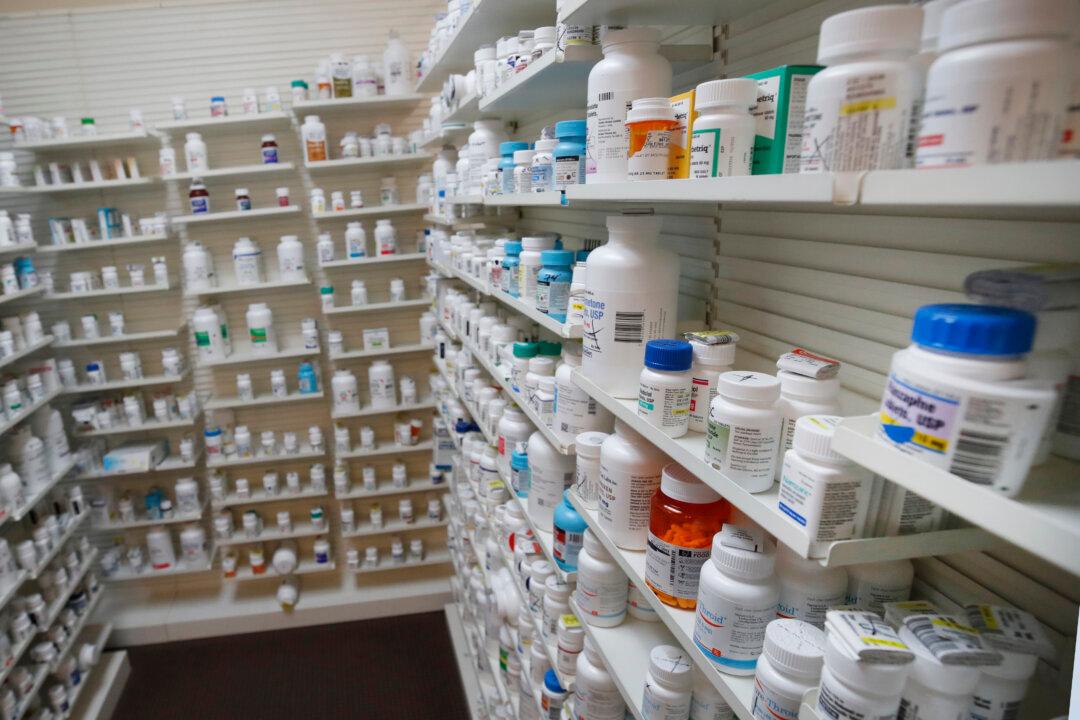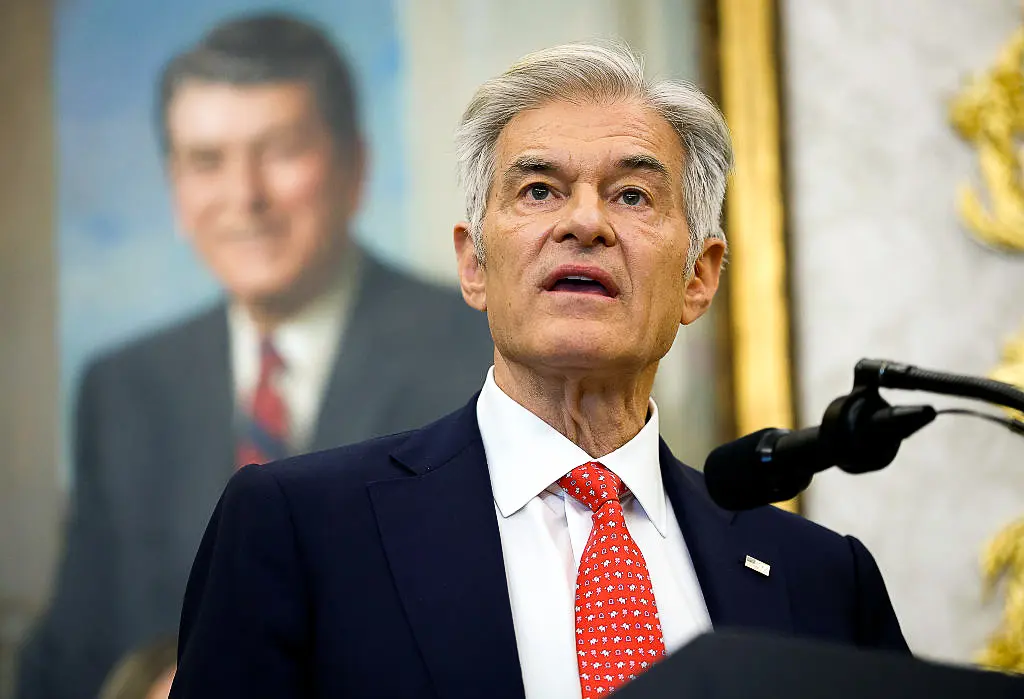Retail chain CVS Pharmacy announced it would overhaul how it pays for drugs in a move that it says will simplify costs and increase transparency.
In an announcement on Tuesday, the firm stated that its more than 9,000 locations will be paid by contracted pharmacy benefit managers (PBMs) and payors using a formula that uses the cost of the drug.





